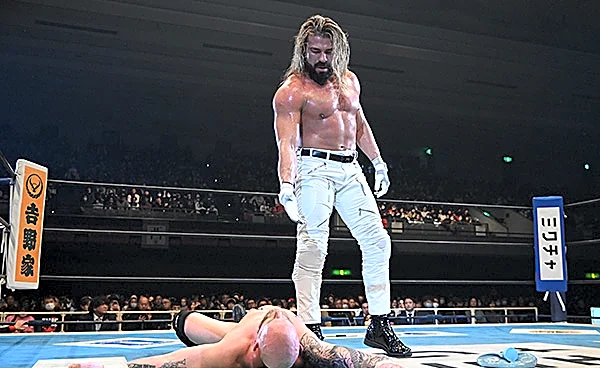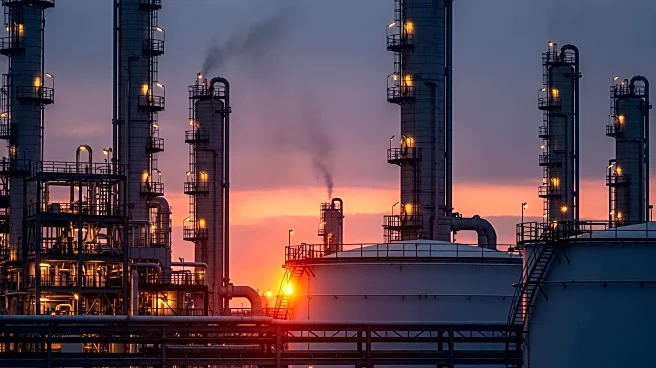What's Happening?
Hungarian Prime Minister Viktor Orbán is set to meet President Donald Trump at the White House to seek approval for Hungary’s continued purchase of Russian oil. Orbán, considered a reliable advocate for Russian President Vladimir
Putin within the European Union, has maintained warm relations with the Kremlin despite its war against Ukraine. The meeting comes as Orbán faces pressure from both Brussels and Washington to end Hungary’s reliance on Russian oil, which is seen as critical for funding Moscow’s war. The Trump administration recently imposed sanctions on Russian energy giants, potentially affecting Hungary’s oil imports.
Why It's Important?
Orbán’s request to continue purchasing Russian oil highlights the geopolitical complexities surrounding energy dependencies and international sanctions. The outcome of the meeting could influence Hungary’s foreign policy and its relations with the EU and the U.S. It may also impact global energy markets and the effectiveness of sanctions against Russia. Stakeholders such as energy companies, international organizations, and political leaders may be affected by the decisions made during this meeting.
What's Next?
The meeting may lead to diplomatic negotiations regarding energy dependencies and sanctions. Hungary may seek exemptions or alternative energy sources to reduce reliance on Russian oil. The U.S. and EU may continue to pressure Hungary to align with broader sanctions policies. Political leaders and civil society groups may advocate for transparency and accountability in energy dealings.
Beyond the Headlines
The situation raises ethical and political questions about energy dependencies and the role of sanctions in international relations. It may influence public opinion and political discourse on energy policies and foreign relations. Long-term implications could include shifts in global energy markets and the re-evaluation of geopolitical alliances.









